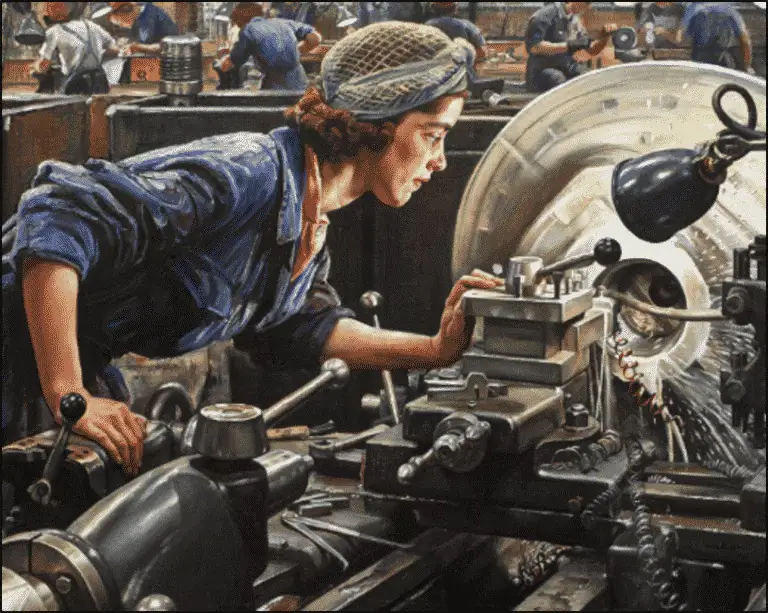The “Exclusive Remedy” Rule and its Limited Exceptions
If you are injured on the job in Georgia, the general rule is that the Georgia Worker’s Compensation Act (O.C.G.A. § 34-9-1 et seq.) provides your exclusive remedy. So, for injuries ranging from pulling a muscle lifting a box in a warehouse, to falling off a ladder and breaking your neck at a construction site, most of the time a work-related injury is going to be handled through worker’s compensation only. In those scenarios, the Georgia Workers Compensation Act actually prohibits an injured employee from pursuing any other claim against his employer.
There is, however, an exception to this general rule. If someone other than you or a coworker is responsible for your injury, you may also be able to bring a personal injury claim in addition to a worker’s compensation claim. So, for instance, if you are driving for your job and you get hit and injured by another vehicle, you have a separate right to bring a personal injury claim against the driver of that vehicle, in addition to your worker’s comp claim (which you have since you were working at the time).
Another scenario we see where our clients are entitled to pursue claims for both worker’s compensation and personal injury is in cases involving defective machinery. If you are injured by a piece of machinery or equipment that was defectively manufactured or defectively designed, you may be able to pursue a products liability claim against the company that manufactured and/or sold the machine in addition to a claim for worker’s compensation against your employer.
“But isn’t that a double recovery?”
If you ask an insurance defense lawyer (it’s ok, I used to be one), they will all scream out, “YES!!!” But despite what insurance companies and industry lobbyists would have us all believe, pursuing both a worker’s comp and personal injury claim for the same incident is not a double recovery. This is for two main reasons:
- First, worker’s compensation does not cover pain and suffering. That’s right—if you are hurt at work and there’s no third party responsible for your injury, you do not get anything at all for pain and suffering. Worker’s compensation pays medical treatment and lost wages—the end. Since the bulk of a personal injury claim is for the physical pain and mental anguish injury victims endure (often for the rest of their lives), there is no risk of “double recovery” in pursuing both a worker’s comp and personal injury claim from the same incident.
- Second, when you have a worker’s compensation claim and a personal injury claim, the worker’s compensation insurer has the legal right to require you to pay them back for amounts they paid towards your medical treatment. This is called “subrogation.” Your lawyer may be able to negotiate down the amount you have to repay the worker’s comp insurer, but they do have a legal right to be paid back. The logic makes sense—after all, someone else caused your injury, so they should get to be paid back if the at-fault individual ends up paying money towards your medical bills.
Another critical issue to consider is that your employer can fire you for filing a worker’s compensation claim against them. They will still be bound to pay whatever damages you are legally entitled to receive, but they are perfectly within their legal rights to terminate your employment once you do. By contrast, a personal injury claim should not affect your employment relationship.
We routinely represent clients who also have ongoing worker’s compensation claims. To hear more about how this works, call 404-800-9933 or click here to speak with a serious injury attorney at Rafi Law Firm.


